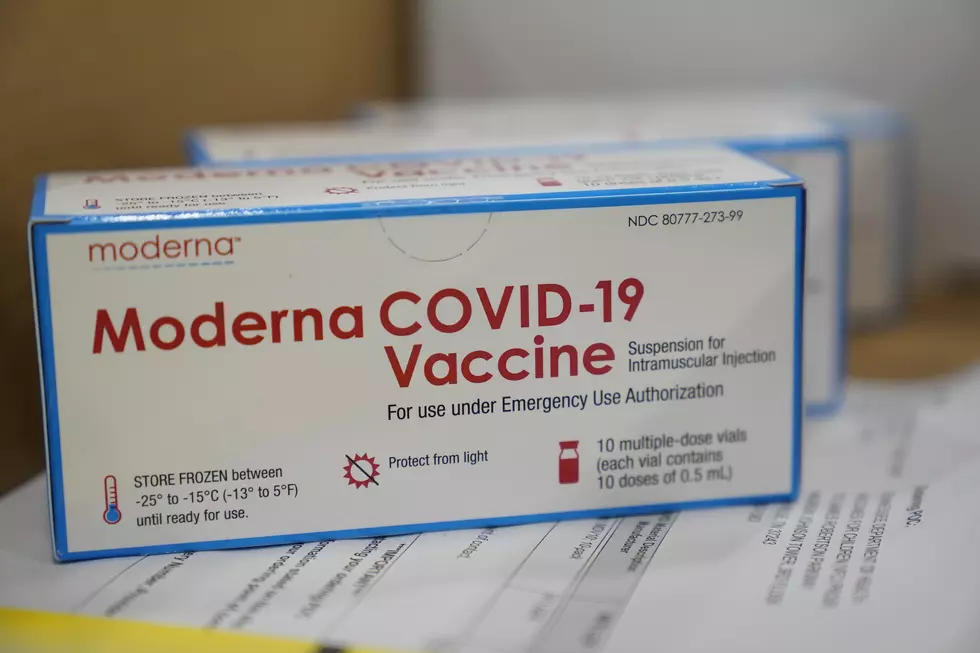
Rice County Public Health Says Get Vaccinated
Thanksgiving is next week. Christmas follows. Arguably the two biggest family gatherings happend during those holidays.
Deb Purfeerst, Rice County Public Health Department Director and Sara Coulter, Clinic and Community Supervisor for the department were guests on the KDHL AM Minnesota program today.
With Thanksgiving just around the corner we asked Purfeerst about holding gatherings with the number of COVID cases skyrocketing across the state. Her reply was a simple one, "Get vaccinated." Not only does it protect you but it also protects others.
Now that children over 5 years old can get vaccinated Rice County Public Health is working with schools to have clinics for young people.
Tonight there is a clinic in Northfield which is full, another one will be Tuesday, November 23, 2021 from 3:15 p.m. to 5:45 p.m. at Faribault Middle School.
Those who are eligible should get a booster because the first dosages of the vaccine are waning in strength.
Transmission rate is the highest in the nation in Minnesota. Rice County's transmission rate is in the high category but Purfeerst pointed out the county has the lowest rate in southeast Minnesota.
The Rice County COVID Dashboard shows there have been a total of 10,943 cases. 4,884 women, 5,879 men, 180 unknown sex, Age range has been from 5 days to 104 years with an average of 38.
Rice County has seen 492 hospitalizations with people ranging in age from 2 months to 98 years. Average age is 60. 84 cases have been serious enough to require being in intensive care ranging in age from 3 months to 95 years. Average also 60.
It is interesting to point out that vaccinations have not gone up much in recent months in Rice County.
First dose has been given to 64.1 percent of the population in the county. Full vaccine series 60.3 percent. Those numbers are 39,986 and 37,616 respectively.
Listen to a podcast of the show below and be informed by local experts.
More information is available here.
Answers to 25 common COVID-19 vaccine questions
Would you move somewhere because people tend to live longer there?



